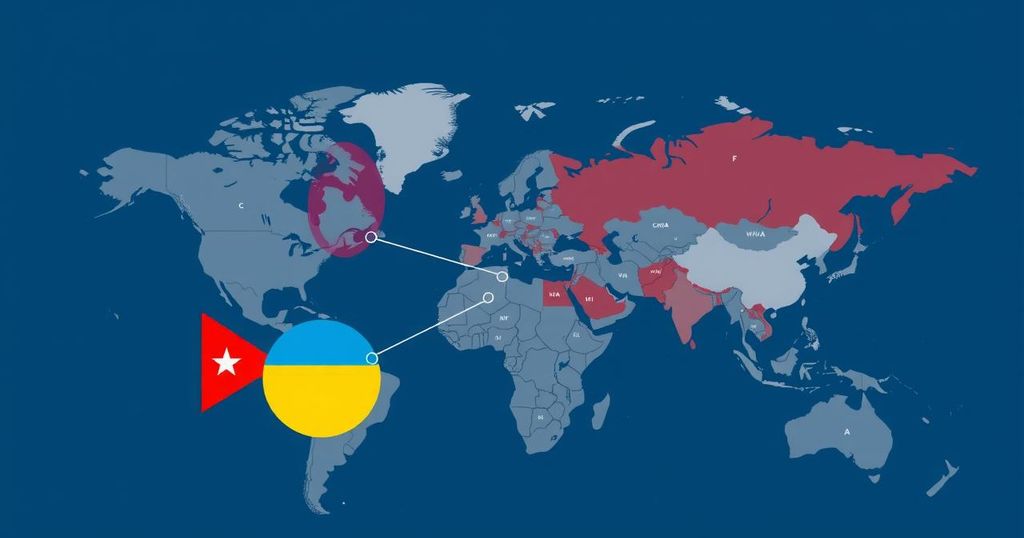Egypt and Turkey Collaborate to Resolve Libya’s Ongoing Crisis
Summary
Egypt and Turkey are collaborating to resolve the conflict in Libya, where a power struggle risks escalating into civil war. Previously on opposite sides of the Libyan conflict, both nations are now pressing for a resolution to an oil blockade. Their improved relations extend beyond Libya to include shared interests in other regional issues, pointing towards a strategic shift in Middle Eastern diplomacy.
In an evolving geopolitical landscape, Egypt and Turkey are collaborating to address the ongoing power struggle in Libya, a situation that threatens to escalate into civil war. The two nations, which previously backed opposing sides in the 2019-2020 Libyan conflict, are advocating for a resolution between the rival governments in Libya to alleviate an ongoing oil blockade. While Turkey has engaged with Khalifa Haftar, a military leader previously aligned with Egypt, both countries are keen to mitigate fears of renewed conflict amid their fragile relationship. Since the cooling of relations over a decade-long rift, Egypt and Turkey have found common ground not just in Libya but also in their positions on regional issues, including the crisis in Sudan and the ongoing tensions between Somalia and Ethiopia. The restoration of diplomatic ties began in earnest with a notable visit by Egyptian President Abdel-Fattah El-Sisi to Turkish President Recep Tayyip Erdogan, marking a potential thaw in relations after years of estrangement. Efforts to resolve the Libyan impasse have faced setbacks, particularly following the ousting of the Central Bank Governor, which spurred additional tensions and led to significant reductions in oil exports. Notably, Turkish and Egyptian economic interests are reestablishing themselves in Libya, with increased investment and workforce integration evidenced on the ground. In addition to their interest in Libya, both nations are monitoring developments in Sudan, where ongoing civil conflict has created an unstable environment that affects their strategic interests. In Somalia, their military presence has expanded, with Turkey actively engaging in infrastructure projects and military discussions that could reshape the region’s power dynamics. Overall, the rekindling of Egyptian-Turkish relations represents a strategic initiative to stabilize the region while pursuing mutual interests, reflecting a significant shift in diplomatic ties throughout the Middle East and North Africa.
The geopolitical environment surrounding Libya is complex, with multiple foreign powers vying for influence after years of conflict. Libya has been a focal point for power struggles, especially since the ouster of former leader Muammar Gaddafi. The nation has since been divided between competing governments, leading to humanitarian and economic crises. Given the country’s wealth of oil resources, access and control over these assets have resulted in conflicts that incite foreign interest and intervention. The historical rivalry between Turkey and Egypt exacerbates these conflicts, but recent developments indicate a potential shift towards cooperation amidst broader regional instability.
In conclusion, the burgeoning relationship between Egypt and Turkey signifies a transformative period for diplomatic efforts in the region, particularly concerning Libya. Their joint initiative to end the power deadlock in Libya may not only mitigate the risk of civil war but also pave the way for restored economic opportunities. This new alignment, underscored by shared interests in other regional crises, highlights a strategic pivot towards reconciliation and cooperation in a historically fraught relationship.
Original Source: www.bnnbloomberg.ca








Post Comment